31 October 2023
BioOra, the Malaghan Institute’s partner in the clinical development of its novel CAR T-cell therapy, has appointed Professor Carl June MD to its Board of Directors.
Prof June is globally recognised as a pioneer of CAR T-cell therapy, receiving international recognition for his work including the 2024 Laureate in Life Sciences. He is the Richard W Vague Professor in Immunotherapy in the Perelman School of Medicine at the University of Pennsylvania and director of the Centre for Cellular Immunotherapies at Penn Medicine’s Abramson Cancer Centre.
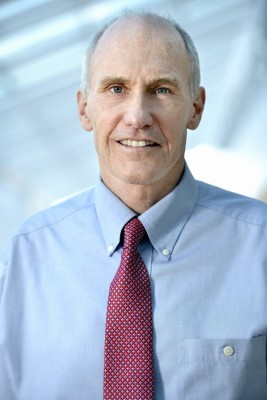
Prof Carl June MD
Bio Ora was formed in 2022 by Bridgewest Ventures NZ in partnership with the Malaghan Institute to automate the manufacturing of CAR T-cell therapy and develop high-value cell therapy manufacturing capability in New Zealand.
“BioOra is using an automated process to manufacture CAR T-cell therapies,” says Prof June. “This approach to manufacturing introduces efficiency, scalability, and cost savings facilitating access to these lifesaving treatments to New Zealanders. I look forward to helping the company build upon its success both locally and globally.”
Dr Rob Weinkove, Malaghan Institute Clinical Director says BioOra is an important partner for the Malaghan Institute as it will play a pivotal role in advancing this therapy, first for patients in New Zealand and then elsewhere in the world.
“To have such a leader in CAR T-cell therapy lend his extensive scientific, clinical and commercial expertise to the board of BioOra is a major affirmation of our clinical results and plans with the company.”
Dr Peter Crabtree, Chair of BioOra, says Dr June’s appointment is a validation of BioOra’s strategy and technology. “BioOra is focused on meeting the urgent and unmet need for New Zealanders to access CAR T-cell therapies. BioOra’s technology is already delivering CAR T to patients with lymphoma in the Malaghan Institute’s ENABLE trial. Through this programme we will leverage our platform to then address the large global demand for these cell therapies in populations and geographies where CAR T remains unavailable," says Dr Crabtree.
Related articles

A ground-breaking cancer treatment is within reach – but only if New Zealand acts now
12 February 2026
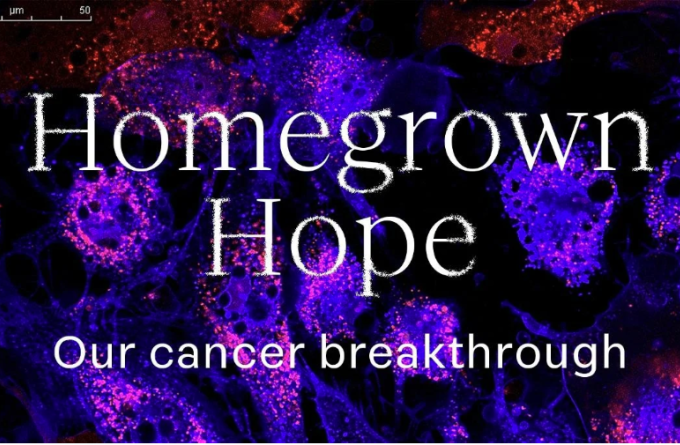
Homegrown Hope - Stuff's series on CAR T-cell therapy
11 February 2026
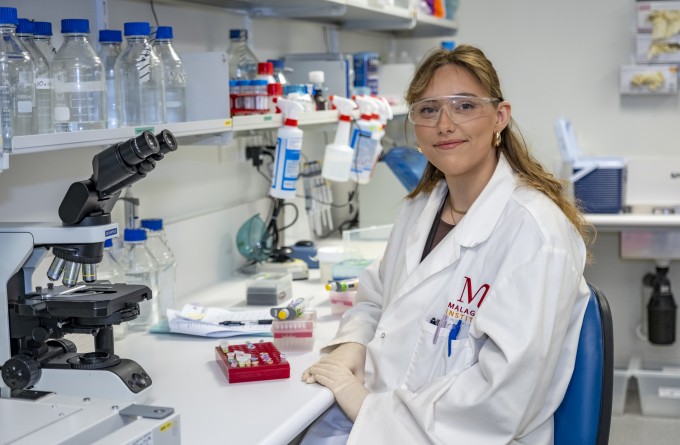
Tracking the journey of the shapeshifting bacteria behind stomach cancer
19 November 2025
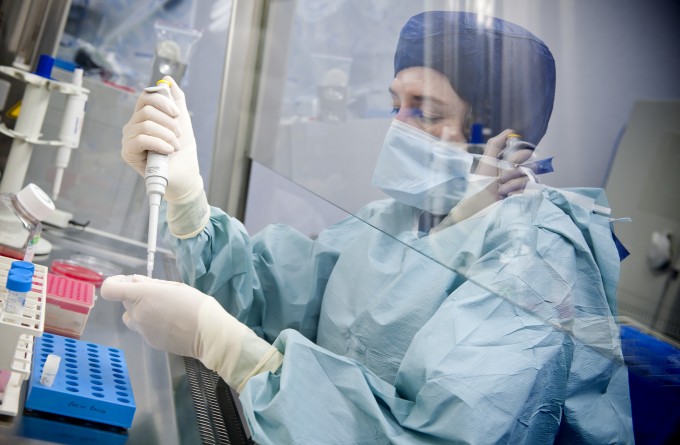
Celebrating milestones in bringing life-saving cell therapies to New Zealand
12 November 2025
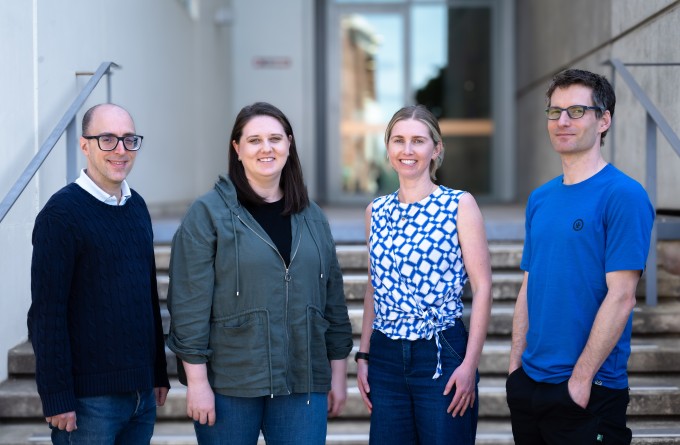
Marsden funding to drive discovery and innovation in cancer, allergy and infectious disease research
5 November 2025
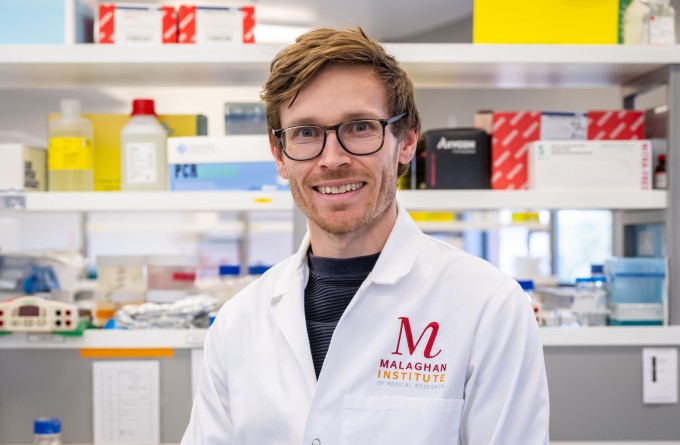
Eradicating H. Pylori bacterial infection to reduce stomach cancer
30 October 2025
